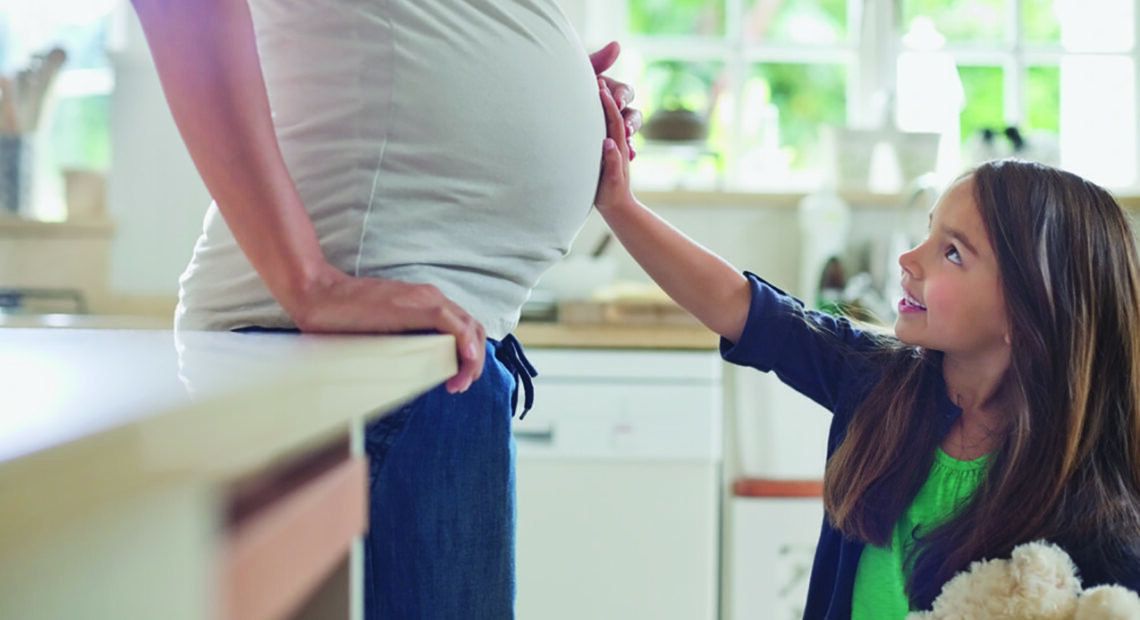Pregnancy can be an exciting time in a couple’s life. Ensuring mother and child stay healthy is a foremost concern during pregnancy, and women can do various things to maintain their health during this magical time in their lives.
• Avoid tobacco and alcohol. It is never a good idea to smoke or drink alcohol while pregnant. The moment a woman learns she is pregnant, she should cease these habits if she is a smoker and/or drinker.
• Visit an obstetrician for prenatal testing. A health care provider can counsel a woman through the stages of her pregnancy. Routine blood tests and additional screenings are part of prenatal care, which is important for learning about the development of the fetus and ensuring a healthy pregnancy.
• Healthy eating is important. Nemours Kids Health says eating a nutritious diet is important for anyone, but when a woman is pregnant she needs to pay special attention to her diet to boost her baby’s growth and development. Nutritious foods include lean meats, fruits, vegetables, whole grains, and low-fat dairy products.
• Increase fluid intake. It is important for a pregnant woman to drink plenty of water and other healthy beverages to support the life inside her. Water can prevent excessive swelling of limbs and urinary tract/bladder infections and help a woman avoid constipation. The Institute of Medicine recommends roughly 10 cups of fluids daily.
• Maintain a healthy weight. Weight gain is common during pregnancy, but it is important to avoid gaining too much extra weight. Physical fitness helps keep the heart, bones and mind healthy during pregnancy. So after checking with her doctor, a pregnant woman should engage in workouts that align with her physical abilities.
• Be mindful of medication. Certain over-the-counter and prescription medications are unsafe during pregnancy. A woman should speak with her doctor to find out which medications should be avoided.
• Take an Rh factor blood test. According to the Mayo Clinic, Rh factor is an inherited protein found on the surface of red blood cells. Having the protein makes a person Rh positive. The absence of the protein makes one Rh negative. Rh positive is much more common. During pregnancy, problems may arise if a mother is Rh negative and the baby is Rh positive. Although the blood of both mother and fetus don’t usually mix during pregnancy, a small amount can mix during the birth, introducing antibodies. While this will not affect a first pregnancy, subsequent pregnancies can be impacted. An injection of Rh immune globulin typically will be administered if a woman is Rh negative during pregnancy. A second shot may come after the birth if her infant is found to be Rh positive.
Women can employ various strategies to increase their chances of enjoying a healthy pregnancy.








Recent Comments